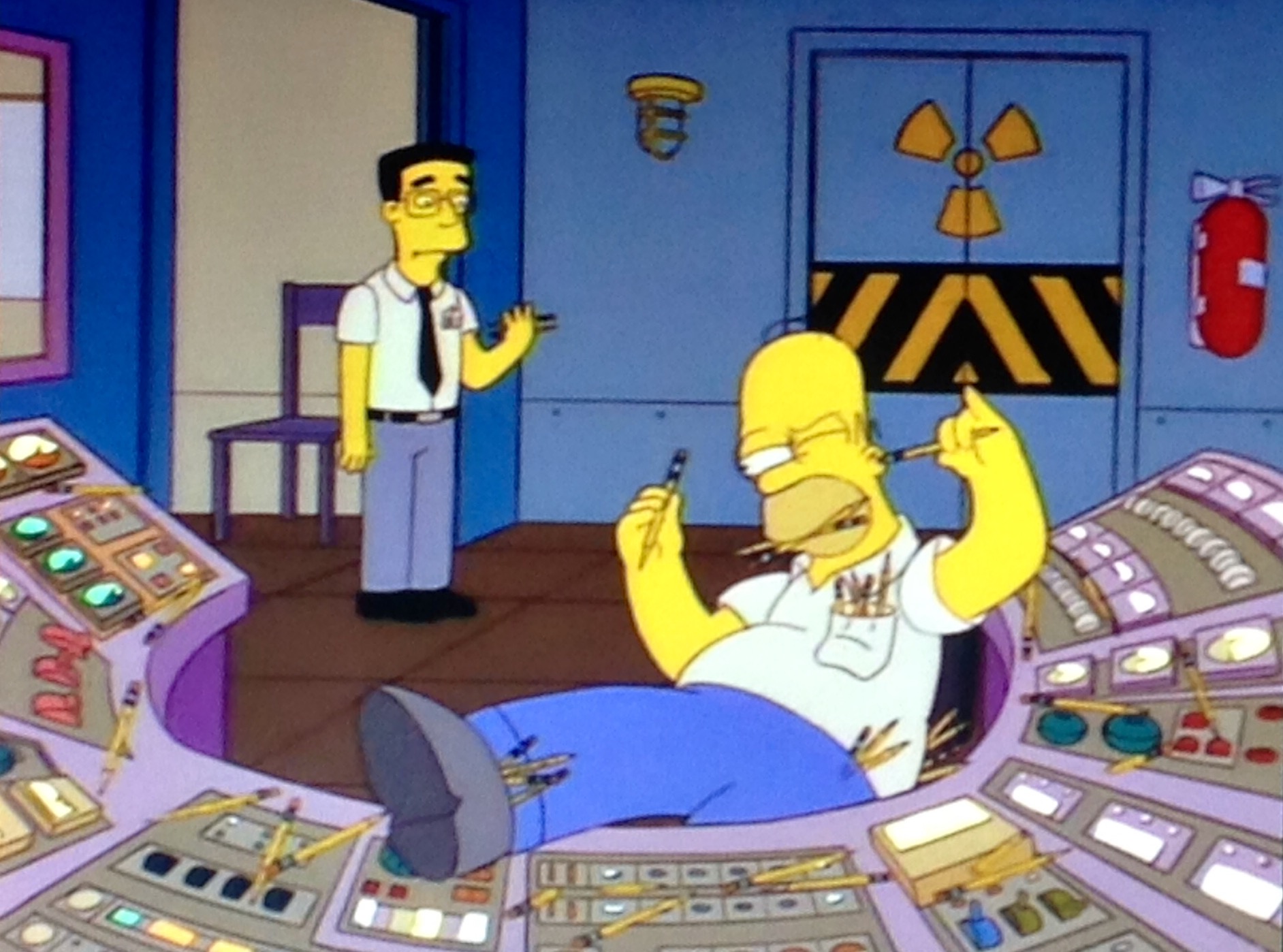
The future is noir
By Cazzy Lewchuk, Staff Writer
Blade Runner, originally released in 1982, is a unique, artistic blend of the science fiction and neo-noir genres. Directed by Ridley Scott and starring tough-guy Harrison Ford, it is considered by many to be one of the greatest science fiction films of all time. Based on Philip K. Dick’s lesser-known novel Do Androids Dream of Electric Sheep?, it combines a neo-noir mystery plot with a dystopian futuristic style.
The story is set in Los Angeles in the (at the time) far-off year of 2019. The world is dystopian with cyberpunk overtones—flying cars, space colonies, and sentient robots are common. Such robots, indistinguishable from humans, are called replicants. After an uprising on an off-planet colony, replicants are declared illegal on Earth, under penalty of death. Police units known as “blade runners” are tasked with tracking down and executing illegal replicants. One such retired runner, Deckard, has been called back to action to hunt six rogue replicants who murdered their colony masters. In typical film noir fashion, things get morally complicated with a female replicant—and Deckard’s own identity may not be all that it seems to be, either.
A total of seven different versions of Blade Runner have been released. While the majority of the plot and footage is the same, several key differences have led to debate over the “correct” and best version. The original theatrical version has Deckard’s narrations throughout the film explaining the plot, including an explanation at the end changing a major character’s fate—and in the process, giving the movie a much happier ending.
Ten years later, a “Director’s Cut” was introduced that removed the happy ending, all other narrations, and includes a dream sequence that adds a major factor to the plot. The “Final Cut,” issued in 2007, includes an extended version of the dream, several additional violent shots, and most significantly, an all-new film transfer. This edition is widely considered the best, primarily due to the reissue making the film even more gorgeous, colourful, and aesthetically beautiful than ever before.
While the plot moves slowly in some areas, Blade Runner continues to be one of the finest science fiction detective stories ever produced. Its legacy increased the status of both Ridley Scott and Harrison Ford as legendary stars, as well as set a new precedent for what many science fiction films could be.
A sequel, set decades after the first movie, is currently scheduled for release on January 12, 2018. Harrison Ford will be reprising his role, and the film will co-star Ryan Gosling and Robin Wright. Denis Villeneuve is set to direct, the original screenwriter Hampton Fancher will pen the script, and Ridley Scott will be returning in a producer role.

